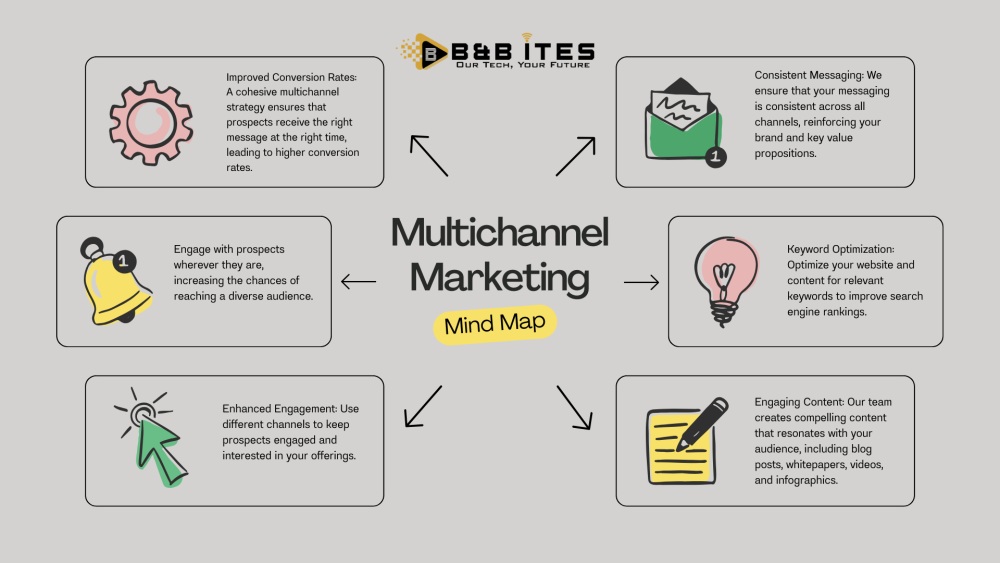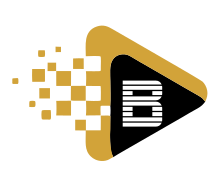How to Design Systems That Streamline Your Workflow

In today’s fast-paced business environment, efficiency and accountability are key drivers of success. Yet, many teams struggle with bad habits that impede their progress and productivity. The good news is that these obstacles can be overcome by designing streamlined workflows, setting clear expectations from the start, and building a culture of accountability. Here’s how you can transform your team’s performance and empower everyone to thrive.
In today’s fast-paced business environment, efficiency and accountability are key drivers of success. Yet, many teams struggle with bad habits that impede their progress and productivity. The good news is that these obstacles can be overcome by designing streamlined workflows, setting clear expectations from the start, and building a culture of accountability. Here’s how you can transform your team’s performance and empower everyone to thrive.
How to Design Systems That Streamline Your Workflow
Creating efficient systems is the cornerstone of a productive team. Here’s how to design systems that streamline your workflow:
1. Analyze Current Processes: Start by evaluating your current workflows. Identify bottlenecks, redundancies, and tasks that consume unnecessary time. This analysis will provide a clear picture of where improvements are needed.
2. Simplify and Standardize: Simplify complex processes and standardize repetitive tasks. Use templates, checklists, and automation tools to ensure consistency and reduce manual effort. For example, project management software can help streamline task assignments, deadlines, and progress tracking.
3. Implement Technology: Leverage technology to enhance efficiency. Tools like Asana, Trello, and Slack facilitate collaboration, while CRM systems streamline customer interactions. Choose technologies that integrate well with your existing systems and meet your team’s specific needs.
4. Regularly Review and Optimize: Workflows should be dynamic, not static. Regularly review and refine your systems based on feedback and changing needs. Encourage team members to suggest improvements, ensuring the workflow evolves to remain effective.
Setting Clear Expectations from the Start
Clear expectations are fundamental to team success. Here’s how to set them effectively:
1. Define Roles and Responsibilities: Clearly outline each team member’s role and responsibilities. Ensure everyone understands their tasks and how they contribute to the overall goals. This clarity prevents overlap and confusion, promoting accountability.
2. Establish Goals and Objectives: Set specific, measurable, achievable, relevant, and time-bound (SMART) goals. Communicate these objectives clearly and ensure they align with the team’s and organization’s vision. Regularly review progress and adjust goals as necessary.
3. Communicate Effectively: Effective communication is crucial for setting and maintaining expectations. Use meetings, emails, and collaborative tools to keep everyone informed. Foster an environment where team members feel comfortable asking questions and seeking clarification.
4. Provide Training and Resources: Equip your team with the necessary skills and resources to meet expectations. Offer training programs, access to relevant information, and ongoing support. Empowering your team with the right tools enhances their ability to perform and meet goals.
Building a Culture of Accountability
Accountability is the glue that holds a high-performing team together. Here’s how to build a culture of accountability:
1. Lead by Example: Leadership sets the tone for accountability. Demonstrate commitment, integrity, and responsibility in your actions. When leaders hold themselves accountable, it inspires the same behavior in team members.
2. Set Clear Metrics: Establish clear metrics for performance and accountability. Use key performance indicators (KPIs) to measure progress and outcomes. Regularly review these metrics with the team to ensure everyone is on track.
3. Foster Open Feedback: Create a feedback-rich environment where constructive criticism is encouraged. Regular feedback sessions help identify issues early and provide opportunities for improvement. Encourage peer-to-peer feedback to build mutual accountability.
4. Recognize and Reward: Acknowledge and reward accountability. Celebrate achievements and recognize individuals who consistently meet or exceed expectations. Positive reinforcement motivates the team and reinforces the value of accountability.
Conclusion
Bad habits can significantly hinder your team’s success, but with the right strategies, you can overcome these obstacles and foster a productive, accountable, and thriving team environment. By designing systems that streamline workflows, setting clear expectations from the start, and building a culture of accountability, you empower your team to perform at their best.
Stop letting inefficiencies and unclear expectations hold your team back. Embrace these strategies and watch your team’s productivity and success soar. At B&B ITeS, we specialize in helping businesses optimize their workflows and build high-performing teams. Contact us today to learn how we can support your journey towards greater efficiency and accountability.
Nitesh Bhalla
B&B ITeS











